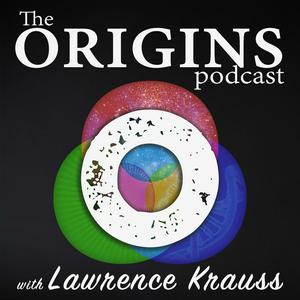What's New in Science With Sabine and Lawrence
The response to our first What’s New in Science has been very strong. What was not clear however, is that in this new series, Sabine Hosenfelder is my co-host, not my guest. As a result, we have changed things up a bit, and we are thrilled with the results. Both Sabine and I separately chose three science news items, and we alternated introducing them. After the introduction we had a spirited discussion about each. The topics included, the buzz around topological quantum computers, search for water on the moon, a new Google AI scientist, new optimistic models suggest a major ocean current may not be near its tipping point due to Climate change, searching for quantum fluctuations in space and time with interferometers, and the purported discovery of the very first stars in the Universe. We had a spirited discussion of these developments, and then topped it off with a discussion about a video that Sabine had posted that went viral, about the present and future of particle physics. Our discussion was exactly what I think is needed, and not present elsewhere on the internet, namely, in depth discussions of topics in the news where the details are fleshed out and the wheat separated from the chaff—no holds barred. In addition, the news is so topical that it changes between our recording, and the episode release. For example, on the day of our recording, a new private spacecraft had just successfully landed near the South Pole of the Moon to drill for evidence of water. We discussed why this is of interest, and it still is. However, the spacecraft isn’t. The day after our discussion it was announced that the spacecraft had since toppled over and its batteries had died. While this mission failed, the purpose of the mission remains important, and therefore the discussion we had can provide useful perspective to assess future mission claims. We look forward to getting your feedback on our new format, and also encourage you to send us ideas for news items in our next podcast. With your support, I believe this new monthly addition to the Origins Podcast lineup may become one of the most valuable parts of our whole program. Enjoy!As always, an ad-free video version of this podcast is also available to paid Critical Mass subscribers. Your subscriptions support the non-profit Origins Project Foundation, which produces the podcast. The audio version is available free on the Critical Mass site and on all podcast sites, and the video version will also be available on the Origins Project YouTube. Get full access to Critical Mass at lawrencekrauss.substack.com/subscribe

